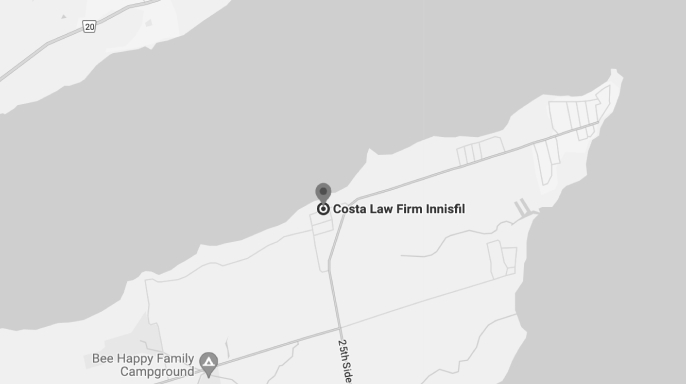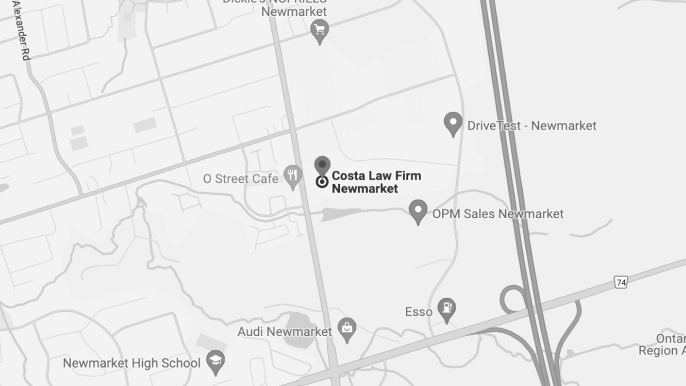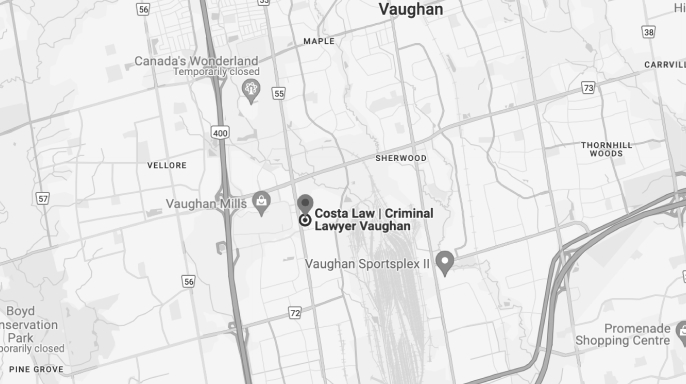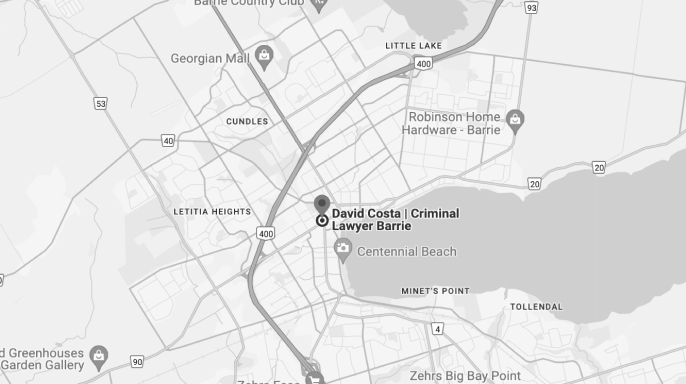Title Disputes: Why you need a good lawyer
Investing in property is a major decision with serious financial and legal implications. It is essential for property owners to understand what exactly it is that they own. Title disputes occur when there is an argument over who owns a property and how much land the property includes. When it comes to these disputes, an inch may go a mile. Erecting a fence or shed on what turns out to be your neighbours property could land you in the middle of an expensive litigation. Real estate lawyers have essential knowledge on how to handle title disputes and, more importantly, avoid them.

What is Title?
Title is simply the legal ownership of a property. A title outlines what rights an owner has over their property. This includes information on possession, mortgages and/or liens, easements and resource ownership. When you buy a property, the previous owner will sign a document called a ‘deed’ which transfers the title to your name. This is recorded in the government land registry.
Knowing your property
It is important for property owners to know what they own. A good lawyer can conduct an extensive investigate on behalf of property owners in order to determine what their rights are with respect to the land that they purchase. Investigation should begin with a title search. A title search for a property will display ownership rights in the property. Service Ontario has a database that can be searched for land registration records.
If a land title is not sufficiently investigated before purchase the property owner may be in for a surprise – and not a good one. They may later discover that the seller fraudulently presented themselves as the legal property owner when they were not authorized to sell the property. There may be liens or mortgages registered on the title. There may be restrictions on the use of the purchased land. For example, a restrictive covenant may state that new owners cannot build their home above a certain height on their property. The land may also be the subject of an easement. An easement is the right to use another piece of land for a limited, specified purpose, even though the owner of that property retains legal title. For example, an easement may give a property owner the right to use a small part of his neighbour’s adjacent driveway. Easements are tricky: they may ‘run with the land,’ meaning that future owners inherit the rights unknowingly.
Property buyers can purchase title insurance to protect themselves against losses relating to their property title or ownership. This may cover unknown defects in the title, existing liens against their property and errors in land surveys which affect the value of their property. This option can be discussed with a lawyer to determine if it is appropriate.
For property owners, developing a clear understanding of their title is essential to avoiding disputes and disappointment after purchase. A good lawyer will help owners handle or, preferably, avoid the stressful litigation which can arise in the case of a title dispute





